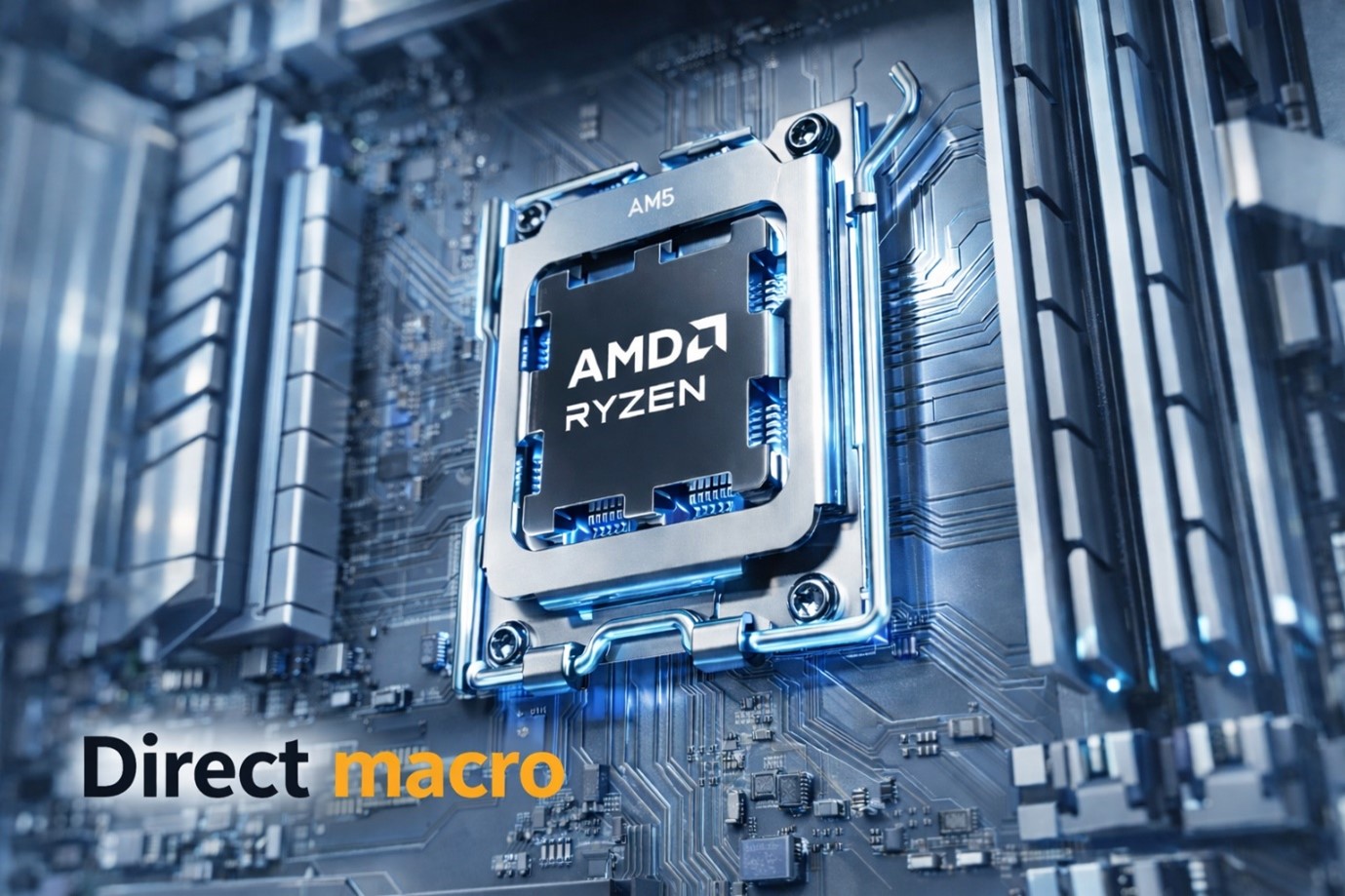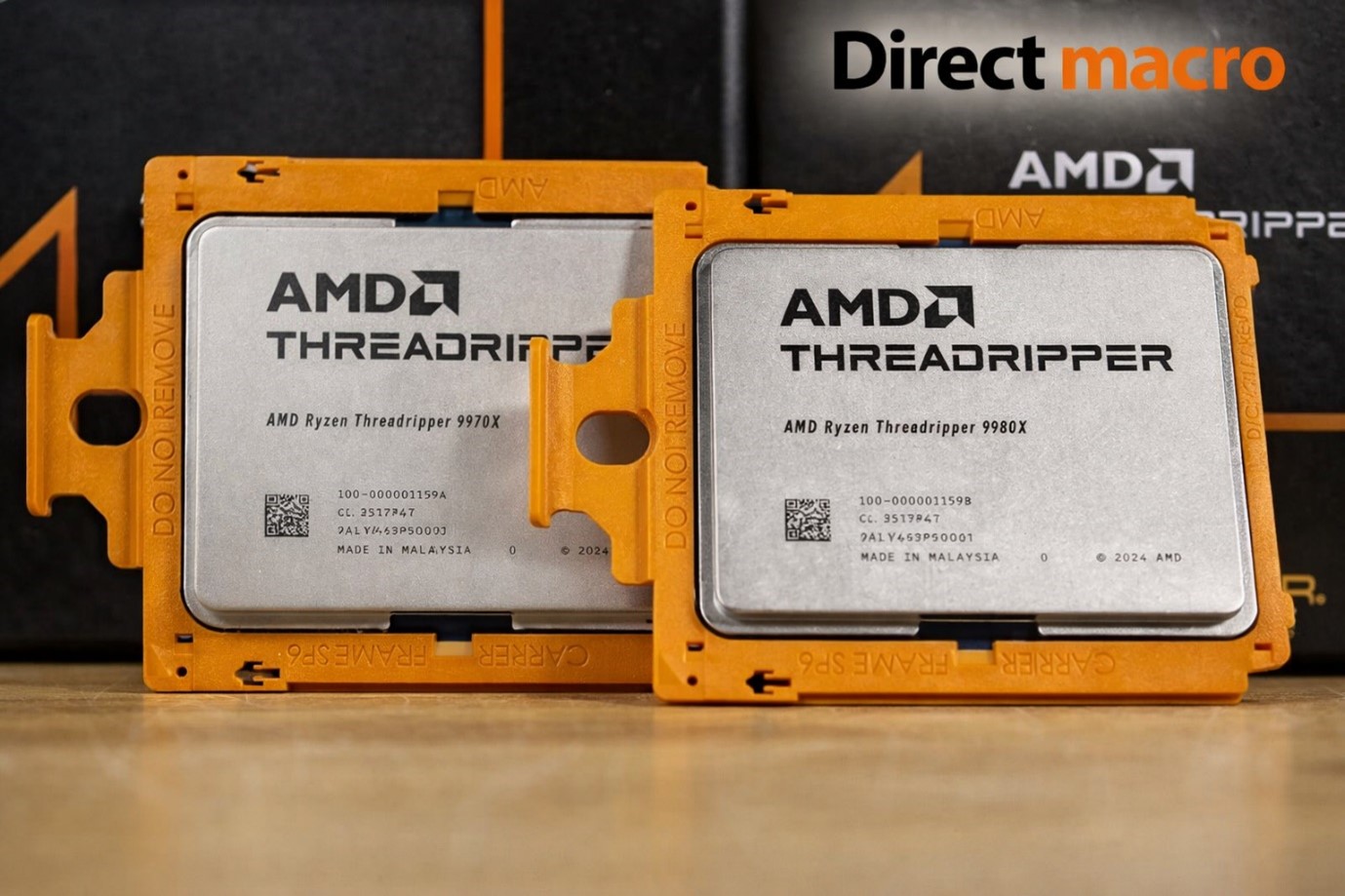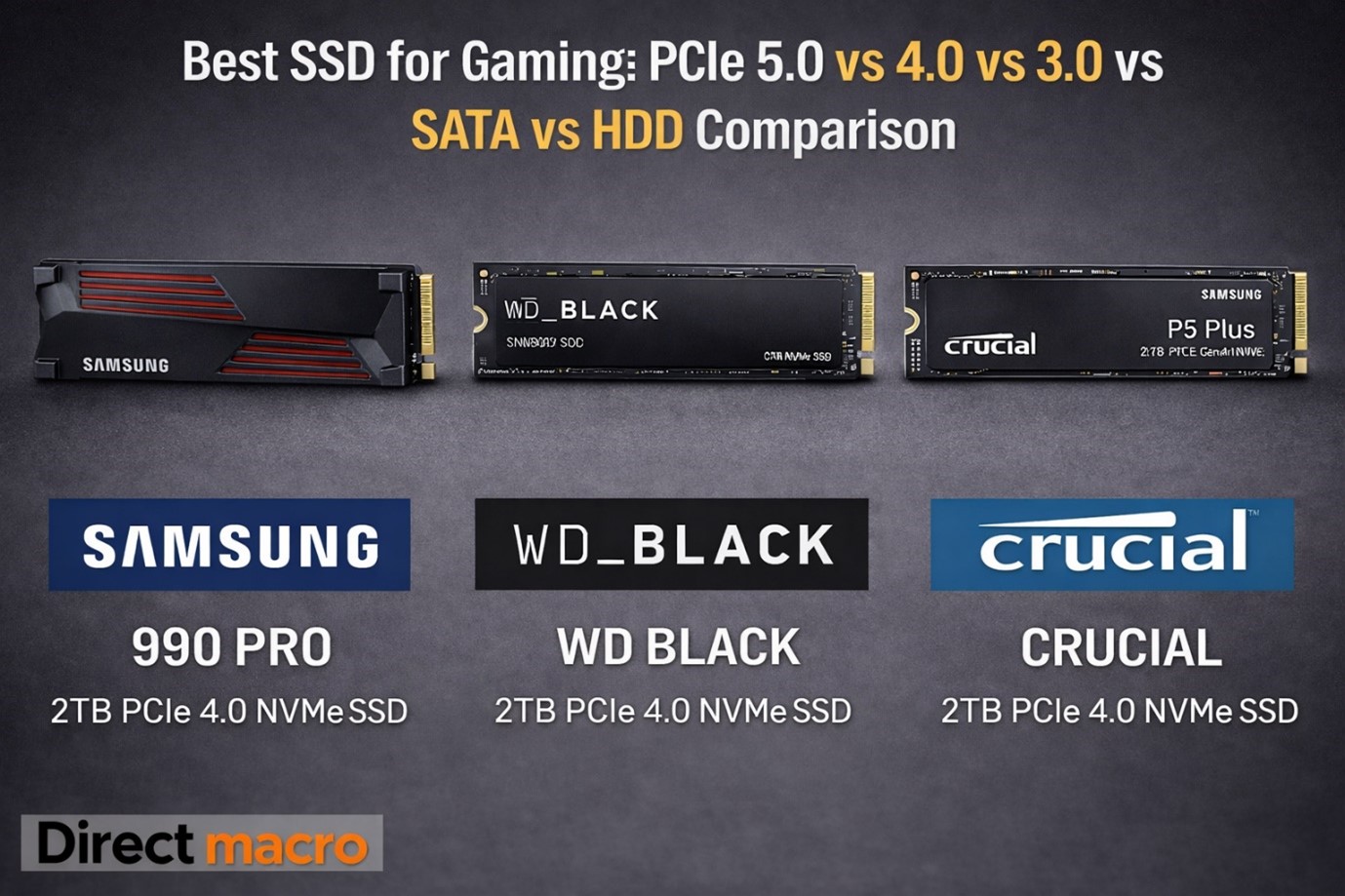Best SSDs 2026: Balancing Cost and Speed from Affordable SATA to Lightning-Fast NVMe
Are you on a quest to supercharge your PC’s performance? If so, you’ve likely encountered the term “SSD.” Solid State Drives (SSDs) have transitioned from being a luxury to a necessity for anyone aiming for a high-speed PC, laptop, or server. With a plethora of options, how do you make the right choice? This comprehensive guide unveils the best SSDs of 2026, helps you balance cost and speed, and answers your most pressing questions about this game-changing technology.
SSD 101: What You Need to Know
Let’s start by clarifying what an SSD is. Unlike traditional Hard Disk Drives (HDDs) with moving parts, SSDs use NAND flash memory—just like your smartphone—to store data persistently, even when powered off. This absence of moving parts makes SSDs fast, reliable, and quiet.
Why SSDs are the Unsung Heroes of Your PC
Contrary to popular belief, SSDs aren’t the slowest components in your computer. While they may transfer data slower than your CPU processes it or your RAM loads it, their importance cannot be overstated. A subpar SSD can create performance bottlenecks, affecting your system’s overall efficiency. That’s why investing in a quality SSD is crucial.
Budget-Friendly SATA 3 SSDs: Affordable and Reliable
If you’re budget-conscious, SATA 3 SSDs offer a significant performance boost over HDDs without breaking the bank. For example, the Samsung 860 EVO, a 1TB powerhouse, delivers impressive speeds and robust security features. If you need more storage, a reliable 2TB model is also available.
NVMe SSDs: The Speed Demons
If speed tops your priority list, NVMe SSDs are your go-to choice. These SSDs connect directly to your motherboard’s PCI Express (PCIe) interface, enabling rapid data transfers. The WD_Black SN850, for instance, boasts read speeds of up to 7000 MB/s, making it the ultimate speed demon for your system.
Samsung vs Western Digital: The Ultimate Showdown
When it comes to SSD brands, Samsung and Western Digital (WD) lead the pack. Samsung 970 EVO Plus SSDs are renowned for their speed and reliability. In contrast, WD SSDs offer high performance at more budget-friendly price points. Whether you’re a speed enthusiast or a savvy saver, there’s something for everyone.
The Ideal SSD for Servers
If you’re shopping for server SSDs, prioritize endurance and reliability. Brands like Samsung’s Pro series and WD’s Gold series are engineered to handle the heavy data writing operations typical in server environments.
The Ultimate SSD Buying Guide
Finding an SSD can be a difficult and complex process, with all its technical jargon and specifications to take into consideration. But don’t fret: We have made your search simpler by outlining some key factors to keep in mind with this helpful checklist.
Performance: Speed Matters, But Context is Key
- NVMe SSDs: These fast SSDs are the go-to choice when rapid data transfer is necessary – perfect for tasks such as 4K video editing, 3D rendering and high-end gaming.
- SATA SSDs: While not as fast as NVMe SSDs, SATA SSDs still represent an upgrade from HDDs for general computing tasks like web browsing, document editing and light multimedia use. They’re ideal for web browsing, document editing and light multimedia consumption.
- Real World Usage: Consider what your actual use will be of your computer; if primarily browsing and word processing, an expensive NVMe drive might be overkill.
Price: Finding the Sweet Spot
- Budget-Friendly: SATA SSDs are generally cheaper and offer good performance for everyday tasks.
- High-End: If you’re looking for top-tier performance and are willing to pay a premium, go for NVMe SSDs.
- Cost per GB: Look at the price per gigabyte to get a true sense of value. Lower cost per GB usually means better value, but also consider performance and endurance.
Storage Capacity: Size Does Matter
- Basic Usage: For everyday tasks such as browsing and document editing, 256GB to 512GB should suffice.
- Gaming and Multimedia: If you enjoy gaming or video editing, at least 1TB should suffice.
- Professional Use: For demanding 3D rendering work that may involve large datasets (ie: 2TB+), consider 2TB or even higher capacities as your storage requirements.
- Multiple Drives: Some prefer having multiple drives; they prefer using an SSD for the operating system and frequently used programs, and a larger SSD or HDD for storage purposes.
Endurance: The Longevity Factor
- TBW (Terabytes Written): This metric denotes how much information can be written to the drive over its lifetime. Higher TBW is better, especially for servers and workstations.
- Warranty: Look for SSDs that offer at least a 5-year warranty, which is generally a good indicator of endurance.
Compatibility: Will It Fit?
- Form Factor: For laptops and PCs alike, most modern systems use M.2 form factors; to be certain though, always double check with your motherboard first to be certain.
- Interface: Ensure your motherboard supports either SATA or NVMe SSD interfaces before purchasing one of them.
- Software: Some SSDs come equipped with cloning software to make upgrading simpler. This feature may come in handy should your upgrade take longer than anticipated.
Bonus: Extra Features
- Encryption: For extra data security, look for SSDs equipped with built-in encryption features.
- Software Suite: Some SSDs include software designed to monitor performance, update firmware and secure erase drives.
FAQs
How many SSDs can a PC have?
A PC can house as many SSDs as there are slots for, either SATA or PCIe. This varies based on its motherboard and size of its case – some PCs may only have one or two available while others could have four or more SSD slots available.
What is the best SSD?
Your search for an ideal SSD should depend on both your specific needs and budget, with extensive tests showing that the PCIe 4.0 Samsung 990 Pro SSD stands out as one of the top overall options available today.
Which SSD should I choose for PC upgrades?
The ideal SSD depends on each user’s individual requirements. For instance, Samsung SSD 990 Pro may be suitable for high-performance upgrades while SK Hynix Platinum P41 might make more sense as an affordable mainstream upgrade solution.
Which type of SSD is fastest?
NVMe SSDs are the speediest type of SSD available today, as they utilize PCIe connections for faster data transfers than SATA SSDs. In particular, PCIe 5.0 M.2 SSDs may offer up to twice the sequential speeds as older PCIe 4.0 standards.
Which SSD offers faster load times?
In general, NVMe SSDs tend to outshout SATA SSDs when it comes to loading times due to their ability to manage more data channels simultaneously. Performance may vary based on factors like NAND type, controller efficiency and firmware optimization – although NVMe may offer slight advantages here too.
Does a Higher SSD Improve Performance?
A higher capacity SSD may increase performance to some extent. This is because these drives often contain additional NAND chips that allow more channels to be utilized at once – speeding up performance significantly. But beyond a certain capacity level, you may not notice a noticeable change.
Is a 256GB SSD better than a 1TB hard drive?
While 1TB hard drives provide more storage capacity, SSDs typically offer faster data access and loading speeds; therefore, if speed matters more to you than storage capacity then an SSD may be the way to go; otherwise a 1TB hard drive might prove more cost-effective in meeting large capacity needs.
In Summary
Ready to upgrade your PC with a cutting-edge SSD? At Direct Macro, we’re not just retailers; we’re your tech partners. Our curated SSD selection caters to every need, budget, and aspiration. Our team stands ready to guide you to the perfect SSD that aligns with your requirements. So why wait? Browse our SSD collection today and take the first step toward a faster, more efficient digital experience. Your dream PC is just an SSD away!
Do you need advice on buying or selling hardware? Fill out the form and we will return.

Sales & Support
(855) 483-7810
We respond within 48 hours on all weekdays
Opening hours
Monday to thursday: 08.30-16.30
Friday: 08.30-15.30








